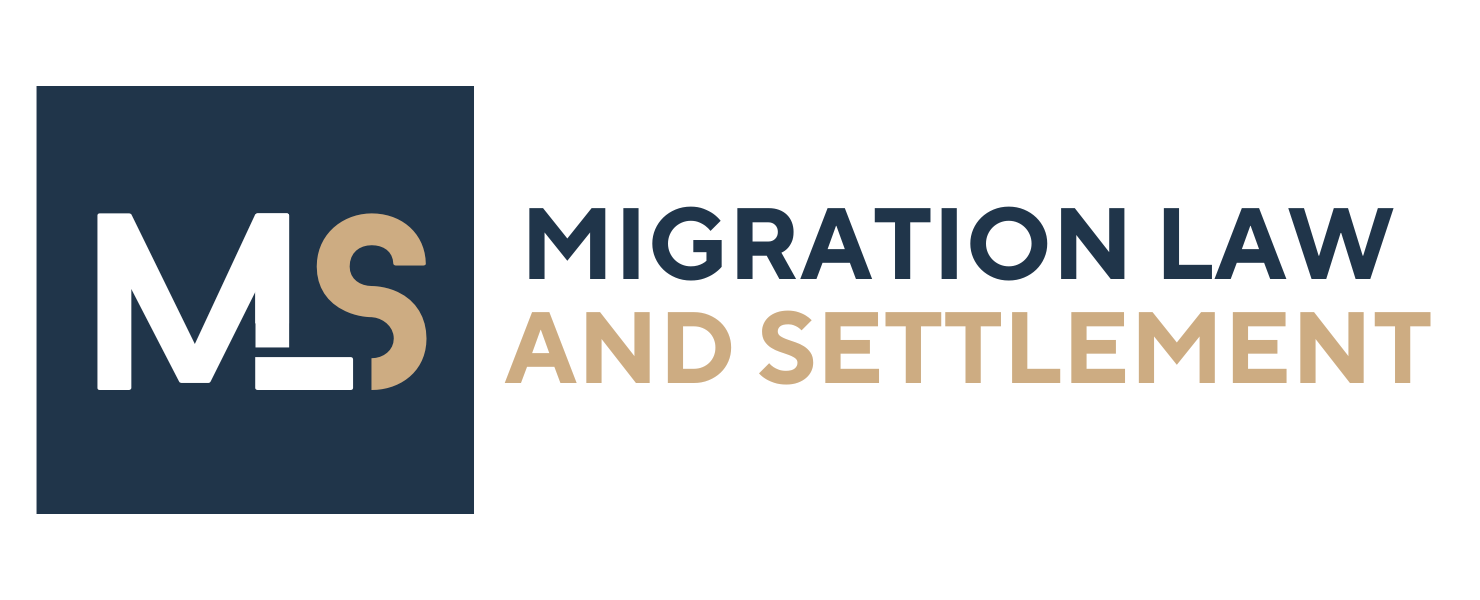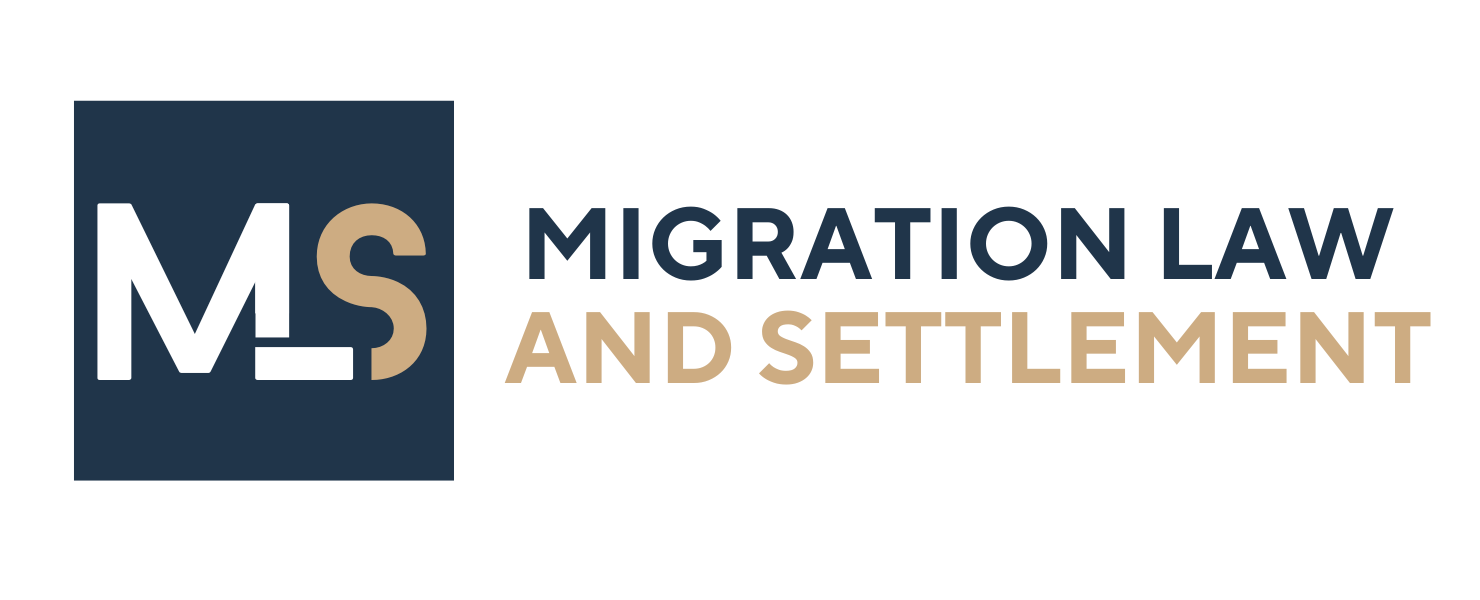Australia’s visa and migration rules are evolving rapidly in 2025. Whether you are a student, skilled worker, family applicant or business owner, now is the time to understand the changes and act in a timely way. At MLS Law Firm, we provide clear, practical guidance to help you stay ahead of shifting policy.
- Migration Program & Planning Levels
- On 2 September 2025, the Australian Government confirmed the 2025–26 Permanent Migration Program will remain at 185,000 places, the same as the prior year.
- A shift toward multi-year planning is underway, aiming for greater predictability and integration between migration targets and infrastructure, housing and labor-market needs.
This continuity helps applicants and employers plan with more certainty, but competition for skilled and nomination places remains significant.
- Higher Income Thresholds & Visa Charges
- From 1 July 2025, the Core Skills Income Threshold (CSIT) / Temporary Skilled Migration Income Threshold (TSMIT) was increased by 4.6% to AUD 76,515.
- Other streams — such as Specialist Skills — require higher thresholds (e.g. some sources cite AUD 141,210) for senior, in-demand roles.
- Visa Application Charges (VACs) have also generally increased by ~3% across many subclasses, while the Student Visa (Subclass 500) fee rose more steeply — from AUD 1,600 to AUD 2,000 (a ~25% jump) for applications lodged after the change took effect.
Because of these changes, applicants must budget carefully and ensure their employment and salary offers meet new benchmarks.
- National Innovation Visa
- In 2025–26, 4,300 places are anticipated under this new visa, targeted at top researchers, innovators, and high-performing professionals.
This change simplifies the system and gives high-achievers a clearer pathway—but the criteria will be exacting and competitive.
- English and Test Requirements
- The government expanded the number of accepted English language tests from five to nine, increasing flexibility for applicants.
- For certain streams like the Skills in Demand (SID) / Subclass 482, visa applications made on or after 13 September 2025 must meet Vocational English standards (e.g. IELTS 5 in all bands) rather than lower test levels.
These changes mean many applicants will need to raise or re-validate their English scores.
- Skilled Invitations & Occupation Lists
- After a long pause, the Subclass 189 skilled independent visa was reactivated with a new round of invitations on 21 August 2025.
- A public consultation on the 2025 Core Skills Occupation List (CSOL) was launched on 25 August 2025, with submissions open until 26 September 2025 — intending to better align occupations with actual labor demand.
- In the Skills in Demand visa, there is no cap per occupation, allowing more flexibility for employer-sponsored roles in shortage sectors.
Securing an invitation will depend on strong alignment with priority occupations and demonstration of genuine skills.
- State Nomination and Onshore Adjustments
- States and territories have started releasing interim nomination allocations for the 2025–26 cycle.
- Queensland, in particular, introduced changes on 19 September 2025:
• New onshore pathway for building and construction workers
• Closed the Small Business Owners (SBO) nomination route for business purchases after that date - Given evolving state quotas, candidates need to monitor each state’s criteria closely and move quickly when windows open.
- Student Visas, Priority Processing & MD111
- The controversial Ministerial Direction 107, which prioritized certain visa applicants, was scrapped. It has been replaced by Ministerial Direction 111 (MD111), which establishes a two-tier processing system for student visas: “High Priority” and “Standard Priority”.
- Under MD111, up to 80% of student applications from a university receive High Priority treatment, while the remainder are processed more slowly.
- Tighter scrutiny is now placed on financial capacity, Genuine Student / GTE assessments, health and character checks, and proof of enrolment.
- These changes aim to discourage “visa hopping” and ensure that incoming students are credible, genuine candidates.
Prospective international students should plan ahead, meet stricter criteria, and avoid assumptions about fast, low-document processes.
- What This Means for You — Prepare Early, Be Strategic
- Assess your role and income: If you are planning an employer-sponsored or skilled visa, confirm that your salary meets AUD 76,515 (or relevant higher thresholds).
- Re-check English test status: Ensure your scores meet updated standards now.
- Time your application: In many cases, applications lodged before a rule change will be assessed under older settings, so early filing can help.
- Monitor state nomination windows: Some states open nomination rounds suddenly — having fully prepared documentation helps you act fast.
- Budget carefully: With VAC increases and higher processing risks, factor in contingencies for extra costs or delays.
- Seek professional help: Many updates are technical, and using a migration lawyer can reduce errors, avoid refusals, and improve success chances.
Contact MLS Law Firm
If you want to understand exactly how these 2025 changes affect your specific case — as a student, worker, or investor — reach out to MLS Law Firm for a tailored assessment. We help clients across Australia stay compliant, competitive, and confident.


